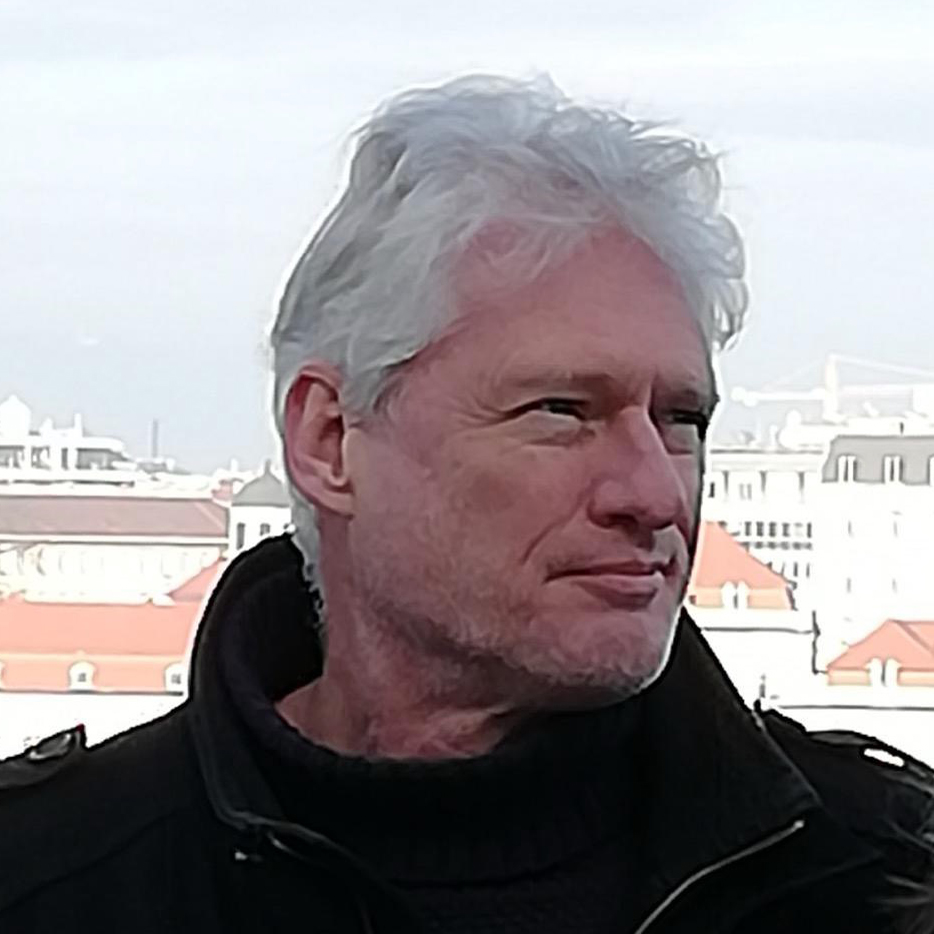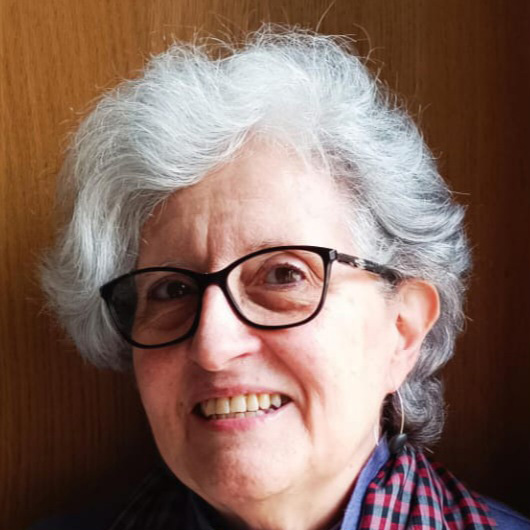
Robert Hartsuiker
Bio
Rob Hartsuiker is an experimental psychologist studying language processing. He studied experimental psychology at Leiden University, did an internship on computational modeling at the Department of Computer Science, University of Maryland, and did a PhD on language production and aphasia at Radboud University Nijmegen. After postdocs in Nijmegen and Edinburgh he accepted a lectureship at Ghent University, where he is now senior full professor in cognitive psychology and research director of the Faculty of Psychology and Educational Sciences.
Hartsuiker works on bilingualism and second language acquistion, language production and comprehension, and self-monitoring of speech (including speech errors and disfluencies). He is also interested in cognitive aspects of the use of English as a medium of instruction in higher education. His research uses a range of methods, including behavioural experiments, eye-tracking, EEG, the study of language processing in individuals with brain damage, and computational models.
Hartsuiker was Associate Editor for Acta Psychologica and Psychological Science, was Editor-in-Chief of the Journal of Cognitive Psychology (at that time the official journal of the European Society of Cognitive Psychology, ESCoP) and was involved in ESCoP’s transition to a society-owned open access journal (Journal of Cognition). Hartsuiker teaches master’s level courses on (computational) psycholinguistics and is local coordinator of an international joint master’s program in clinical linguistics.
Is bilingual lexical access really language non-selective?
There is consensus in the field that bilinguals routinely activate both of their languages, even when in a one-language context. This theory is supported by a plethora of evidence, including effects of cognate/interlingual homograph status and interlingual neighborhood size on reaction times. Further support comes from spurious eye-movements to objects with irrelevant language names that match the auditory input and ERP-responses to word pairs with form-overlap in their translations. In this talk, I will question this consensus and propose an alternative. I will argue that in one-language contexts there is usually no activation of the language(s) not in use. Effects that appear to support online activation can be explained by two mechanisms: (a) such effects are obtained in a two-language context, for instance in lexical decision tasks that mix words from both languages; (b) such effects are the result of a learning mechanism. For instance, cognates can be learned more easily than non-cognates. I will review several strands of research that seemingly support the online activation account in light of these mechanisms and propose an account of bilingual language processing in which other-language activation is regulated by language control processes.










